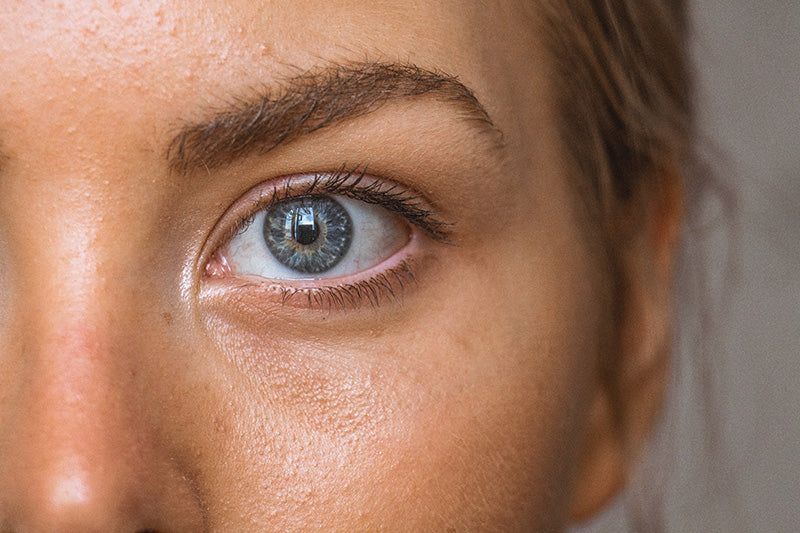Introduction
Dealing with rosacea can be a delicate balancing act. Understanding the triggers that set off this chronic skin condition is crucial for effective management. In this in-depth guide, we'll explore the diverse range of rosacea triggers and equip you with practical strategies to keep flare-ups at bay.
What is Rosacea?
Before delving into triggers, let's briefly understand what rosacea is. Rosacea is a chronic skin disorder characterised by redness, visible blood vessels, and sometimes, small red bumps on the face. It often begins subtly, with occasional flushing, but can progress to more persistent symptoms if not managed properly.
Identifying Rosacea Triggers
1. Spicy Foods and Hot Beverages
One common trigger for rosacea flare-ups is the consumption of spicy foods and hot beverages. These can lead to increased facial redness and discomfort. Opt for milder options and maintain a food diary to track your triggers.
2. Extreme Temperatures
Both hot and cold weather can aggravate rosacea symptoms. Protect your skin from extreme temperatures by using sunscreen in hot weather and wearing a scarf in cold weather to shield your face from harsh winds.
3. Stress and Emotional Factors
Stress is a well-known trigger for rosacea. Practice stress-reduction techniques such as deep breathing, meditation, or yoga to keep your mind and skin calm.
4. Skincare Products
Certain skincare products containing harsh chemicals or fragrances can irritate sensitive skin, leading to flare-ups. Opt for gentle, fragrance-free products labeled as suitable for sensitive skin.
5. Alcohol Consumption
Alcohol, especially red wine, can dilate blood vessels and worsen rosacea symptoms. Limit your alcohol intake and choose lighter options if you choose to indulge occasionally.
6. Physical Exercise
While exercise is essential for overall health, intense physical activity can trigger rosacea flare-ups. Opt for low-impact exercises and ensure proper cooling down to minimise the risk.
7. Sun Exposure
Prolonged exposure to the sun can be detrimental for individuals with rosacea. Always wear a broad-spectrum sunscreen with at least SPF 30, and seek shade when the sun is at its peak.
8. Certain Medications
Some medications, such as blood pressure drugs and certain antibiotics, can exacerbate rosacea symptoms. Consult with your healthcare provider if you suspect a medication is contributing to your flare-ups.
9. Demodex Mites
Research suggests that an overpopulation of demodex mites on the skin may contribute to rosacea. Maintaining good facial hygiene and using prescribed topical treatments can help keep these mites in check.
10. Hormonal Changes
Hormonal fluctuations, particularly in women, can influence rosacea symptoms. Be mindful of hormonal changes during the menstrual cycle or menopause, and adjust your skincare routine accordingly.
Conclusion
In conclusion, managing rosacea involves a multifaceted approach, and identifying and avoiding triggers is a crucial step. By incorporating lifestyle changes and adopting a gentle skincare routine, individuals with rosacea can significantly reduce the frequency and severity of flare-ups. Remember, each person's triggers may vary, so it's essential to personalise your approach and consult with a dermatologist for tailored advice. Armed with this knowledge, you can regain control over your skin and embrace a life free from the constraints of rosacea.
